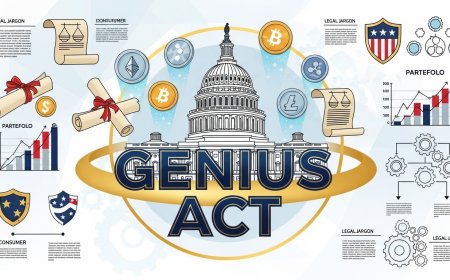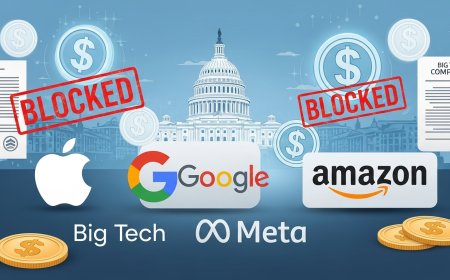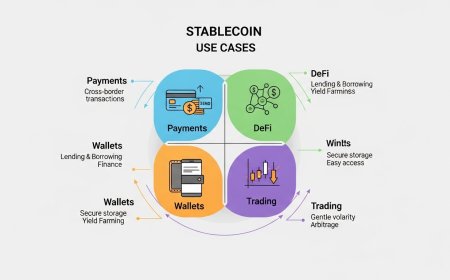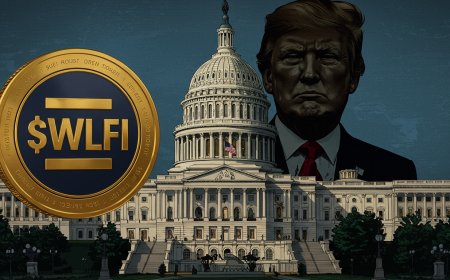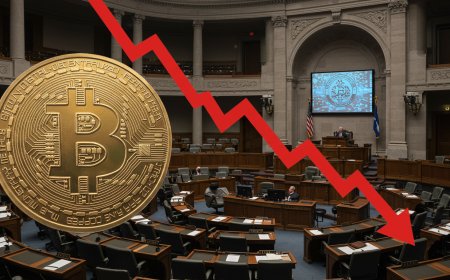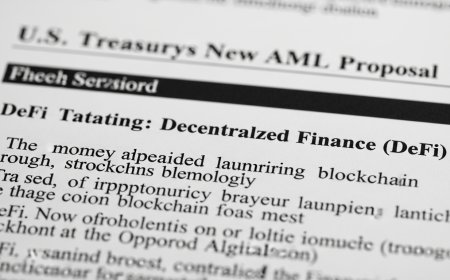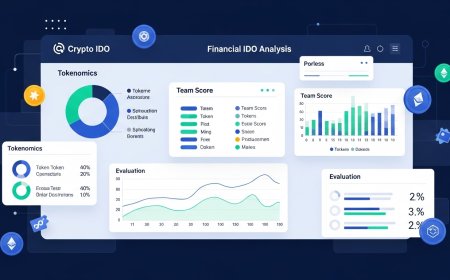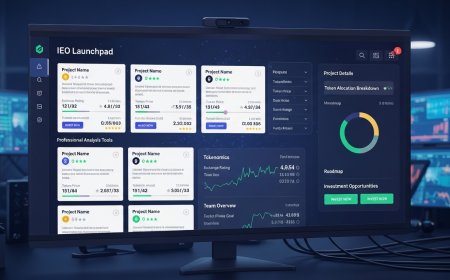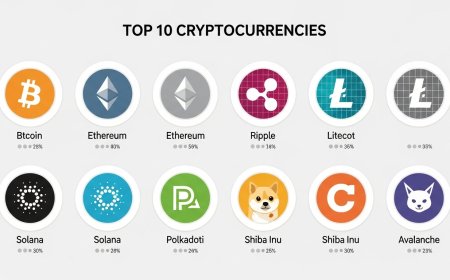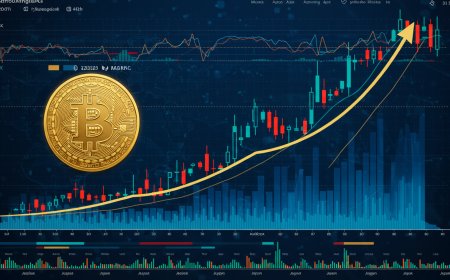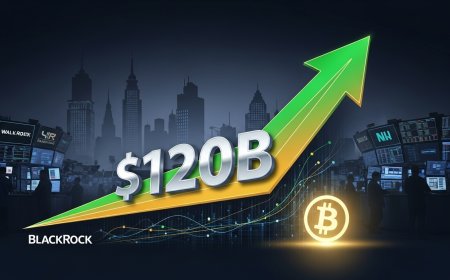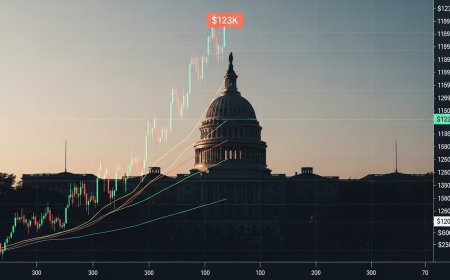BREAKING: House GOP Advances Final Vote on Bill to Slash Social Programs, Cut Taxes for Rich
In a high-stakes political move, House Republicans have pushed forward a final vote on a controversial bill aimed at slashing key social programs while delivering sweeping tax cuts for the wealthy, drawing immediate backlash from Democrats and public interest groups. BREAKING: House GOP leaders advance to final vote on controversial bill to slash social programs while cutting taxes for the wealthy.
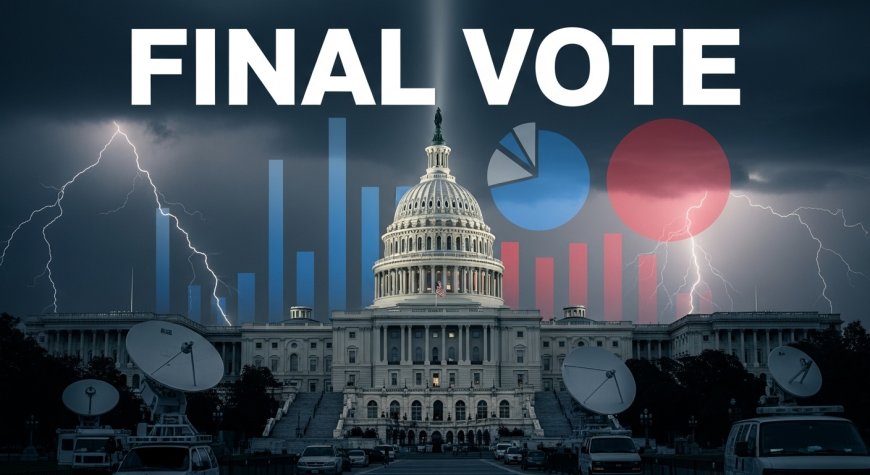
BREAKING: House GOP Advances Final Vote on Bill to Slash Social Programs, Cut Taxes for Rich
Washington, D.C. | July 18, 2025 — In a politically charged maneuver that is already reshaping the narrative leading into the 2026 midterm elections, House Republicans have advanced a sweeping and controversial fiscal bill to a final floor vote, signaling a dramatic shift in U.S. domestic policy. The legislation, backed almost entirely by the GOP majority, proposes major tax cuts for wealthy individuals and corporations while simultaneously rolling back or outright eliminating several key social programs that millions of Americans rely on.
Dubbed the “American Prosperity and Tax Relief Act of 2025,” the bill is being marketed by GOP leaders as a long-overdue correction to what they describe as decades of "excessive social spending" and "anti-business tax policy." However, opponents—including nearly all Democratic lawmakers, progressive coalitions, and nonpartisan policy groups—are warning that the bill will exacerbate income inequality, deepen poverty, and destabilize essential support systems across the country.
🏛️ The Bill’s Core Provisions
The bill, over 800 pages long, includes multiple layers of reform, cuts, and redirection of federal resources. Here are the primary provisions that have sparked the most attention:
📉 Major Tax Reductions for the Wealthy
-
Top corporate tax rate reduced from 21% to 15%, the lowest since before World War II.
-
Capital gains taxes slashed from 20% to 10% for high-net-worth individuals.
-
Estate tax exemption doubled, effectively removing the tax burden from all but the top 0.01% of estates.
-
Expansion of deductions and write-offs for investment firms and hedge funds.
“This bill rewards innovation, investment, and entrepreneurship,” said Rep. Marcus Ellison (R-TX), Chairman of the House Ways and Means Committee. “We are rebuilding America’s economic engine.”
🪙 Deep Cuts to Social Spending
-
Medicaid funding slashed by 23% over the next five years.
-
Full repeal of recent SNAP expansions (food stamps) enacted during the pandemic.
-
Elimination of Section 8 housing subsidies.
-
Restructuring of Social Security COLA formulas, resulting in smaller annual adjustments.
-
Early childhood education grants reduced by 60%.
The bill also halts federal funding for several public health programs, including mobile clinics in rural areas and subsidies for low-income mental health services.
“This bill will push thousands of seniors into poverty, reduce food security for children, and exacerbate homelessness,” said Rep. Janet Brooks (D-NY), House Minority Leader. “All so that the richest Americans can have another yacht deduction.”
📊 Economic Projections: Who Wins, Who Loses?
According to the nonpartisan Congressional Budget Office (CBO), the bill’s tax cuts will cost the federal government $1.2 trillion over the next decade in lost revenue. Of that total:
-
$843 billion will benefit the top 10% of income earners.
-
Just $57 billion in tax relief will reach the bottom 60% of taxpayers.
-
An estimated 14 million Americans will lose access to some form of federal aid by 2028.
Winners:
-
Hedge funds
-
Corporate shareholders
-
Families with estates over $25 million
-
Multinational corporations repatriating profits
Losers:
-
Low-income seniors relying on Medicaid or Medicare Part D
-
Single-parent families receiving SNAP or housing support
-
Rural health systems and public clinics
-
Disabled veterans dependent on federal subsidies
Dr. Emily Kohler, a senior policy analyst at the Urban Institute, said the numbers tell a clear story.
“This is a classic case of redistribution—from the bottom to the top. It will increase wealth concentration and likely lead to worse health, education, and economic outcomes in low-income communities,” she explained.
🔥 Nationwide Response: Protests, Marches, and Online Uproar
As word of the bill’s progress broke, a wave of coordinated protests erupted in at least 24 major U.S. cities, including Washington, D.C., New York, Atlanta, Los Angeles, and Chicago. Outside the Capitol, more than 5,000 demonstrators gathered overnight holding signs that read “Fund People, Not Profits,” “We Are Not The Burden,” and “Tax Billionaires, Not Teachers.”
Coalitions such as the Poor People’s Campaign, Indivisible, Planned Parenthood Action Fund, and MoveOn have jointly launched a campaign called #StopTheVote, aimed at pressuring moderate GOP lawmakers to vote against the bill.
“They are ripping away healthcare and housing to pay for private jets,” said Rev. William Barber II, who addressed the Capitol crowd. “This is the most morally bankrupt budget proposal in a generation.”
Social Media Reactions
On social media, backlash was swift and widespread. Trending hashtags include:
-
#TaxCutsForTheRich
-
#StopTheVote
-
#GOPBudget2025
-
#FinalVoteFriday
-
#SocialProgramsMatter
TikTok and Instagram influencers have started "budget challenge" trends to show how Americans living on reduced benefits would survive, drawing millions of views.
🧠 Historical Echoes: A Reagan-Era Redux?
Historians have noted the bill’s similarity to the Reagan administration’s 1981 Economic Recovery Tax Act, which also delivered sweeping tax cuts primarily to upper-income Americans. However, experts argue that the scope of social cuts proposed in the current GOP bill go far beyond anything seen in modern U.S. history.
“This is not just trickle-down economics—it’s a dismantling of the welfare state,” said Dr. Caroline Mitchell, professor of political economy at Yale. “Unlike past reforms, this bill lacks the public investment offsets that kept the social contract intact.”
🗳️ 2026 Midterms: A Political Gamble?
Some strategists believe the bill could become a defining issue in the upcoming midterms, where control of the House and Senate will be fiercely contested. While the GOP argues it is delivering on promises of economic reform and deficit control, Democrats plan to frame the bill as an assault on the working class.
Swing Districts in the Spotlight
Representatives in purple districts—such as Rep. Susan Valerio (R-PA) and Rep. Troy Mills (R-AZ)—are facing intense local media scrutiny. Both have yet to publicly commit to voting for the final version.
“We’re watching this closely,” said Jasmine Torres, a political correspondent at NPR. “This vote could determine which party controls Congress in 2027.”
⚖️ Legal and Constitutional Challenges Ahead?
Civil rights and public health organizations are preparing to challenge the bill in court. The ACLU, NAACP Legal Defense Fund, and Center on Budget and Policy Priorities have each hinted at potential lawsuits alleging constitutional violations, especially regarding the rollback of healthcare and housing guarantees.
🚨 What’s Next?
The final vote in the House is scheduled for Friday, July 19, 2025, at 10:00 a.m. EST. If passed, the bill will move to the Senate, where it faces an uncertain fate. President Joe Biden has stated he will veto the bill immediately should it pass both chambers, but GOP leaders are already exploring budget reconciliation paths to bypass a filibuster.
What's Your Reaction?
 Like
0
Like
0
 Dislike
0
Dislike
0
 Love
0
Love
0
 Funny
0
Funny
0
 Angry
0
Angry
0
 Sad
0
Sad
0
 Wow
0
Wow
0











